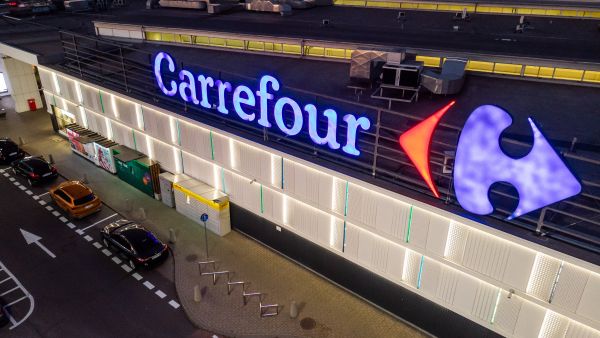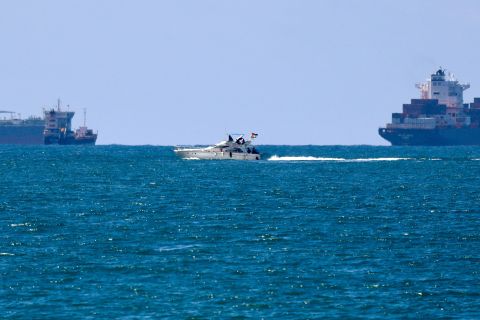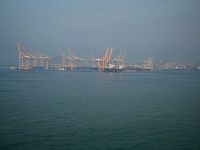ALBAWABA – In the past few months, French store Carrefour has closed stores in four Arab countries. Pro-Palestinian activists see this as a win for boycott campaigns in the region that started because of the Gaza war.
Majid Al Futtaim, the company that runs Carrefour's franchises in the Middle East, said that the brand is no longer available in Jordan, Oman, Kuwait, and Bahrain. The stores have since been given a new name: "HyperMax." The company said that demand for local goods was going up and that its strategies were changing. However, many Palestinians and supporters of the Boycott, Divestment, and Sanctions (BDS) movement said that the closures were due to growing pressure over the store's ties to Israel.
Activists say that Carrefour has long been accused of making money from illegal Israeli settlements by working with the Israeli company Electra and its subsidiary Yenot Bitan, which they say operates in settlements in the West Bank. BDS also accused Carrefour's branch in Israel of supporting the military by sending packages and hosting donation drives. Carrefour says it doesn't do business in settlements, and CEO Alexandre Bompard said earlier this year that the group doesn't have any stores there.
People on the ground saw the brand's exit as a symbolic victory. Huda Ahmed, a Bahraini customer, said, "I'm glad Majid Al Futtaim listened to its customers and got rid of Carrefour." She went back to the Manama store for the first time in two years after it changed its name.
Employees also said that sales dropped sharply during the Gaza war, with many customers boycotting the chain. However, regional analysts pointed out that Carrefour has been restructuring its business around the world because of poor financial performance, which suggests that the exits were part of a bigger plan.
Activists in the Gulf praised the closures as proof that boycott pressure works, even though the reasons were not clear. "This is exactly what we asked for," said Ghassan Nassif, a Bahraini BDS activist, calling the move a "big victory."
Carrefour's decision to back down comes after Starbucks and McDonald's also faced pressure from customers in the region, where both companies reported drops in sales. In 2024, Majid Al Futtaim's retail sales, which include Carrefour, fell 10%. In the first half of 2025, they fell another 1%.
Badr Al-Saif, a professor in Kuwait, said that the closures show how Gulf citizens are making their voices heard. "It shows that the people of the Gulf have power and are willing to use it," he said.










